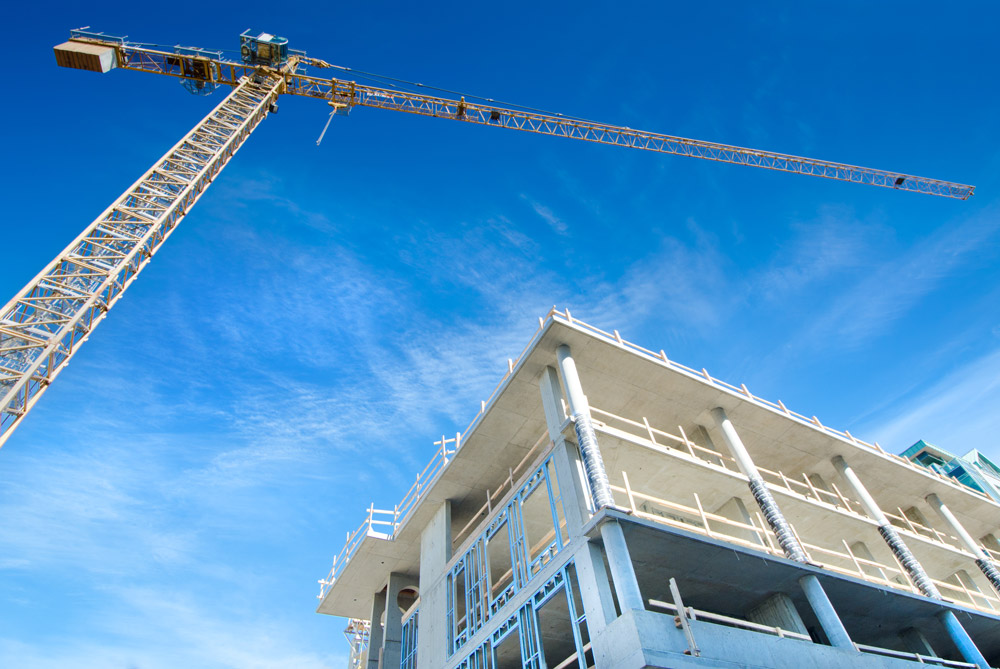
A “material alteration or addition” is one that “palpably or perceptively var[ies] or change[s] the form, shape, elements, or specifications of a building in such a manner as to appreciably affect or influence its function, use, or appearance.” Sterling Village Condominium, Inc. v. Breitenbach, 251 So. 2d 685, 687 (Fla. 4th DCA 1971). If any proposed change would affect function, use, and/or appearance, then the change would likely be considered a material alteration. Whenever there is a “close call” regarding whether a change is a material alteration, the case law typically finds that the change is a material alteration.
Section 718.113(2) (a), regarding material alterations by condominium associations, provides as follows:
(2)(a) Except as otherwise provided in this section, there shall be no material alteration or substantial additions to the common elements or to real property which is association property, except in a manner provided in the declaration as originally recorded or as amended under the procedures provided therein. If the declaration as originally recorded or as amended under the procedures provided therein does not specify the procedure for approval of material alterations or substantial additions, 75 percent of the total voting interests of the association must approve the alterations or additions before the material alterations or substantial additions are commenced. This paragraph is intended to clarify existing law and applies to associations existing on July 1, 2018.
Accordingly, unless the condominium declaration provides otherwise, an association will need to obtain the approval of 75% of its members before the project starts. Now, some projects which would otherwise be considered material alterations or substantial additions to the common elements are deemed maintenance and are solely within the board’s power to perform. Maintenance to the common elements, regardless of the cost, is solely within the board’s power and discretion to perform.
That being said, arbitrations decisions regarding whether an alteration is necessary maintenance versus a material alteration are usually unpredictable. Accordingly, it is usually better to err on the side of caution and obtain membership approval, if required. This conservative course of action demands more consideration now, as the statute changed on July 1, 2018. Before the change in the statute, some cases stated that if membership approval was required, the association could obtain the approval after the alteration was made. However, as of July 1, 2018, the law requires the approval before the alteration or addition is commenced. While the law fails to address what will occur if approval is not obtained, it is possible that a court or arbitrator would require removal of the alteration or addition. Accordingly, it is best to obtain any necessary approval before the start of any project that alters or adds to the common elements or association property.


